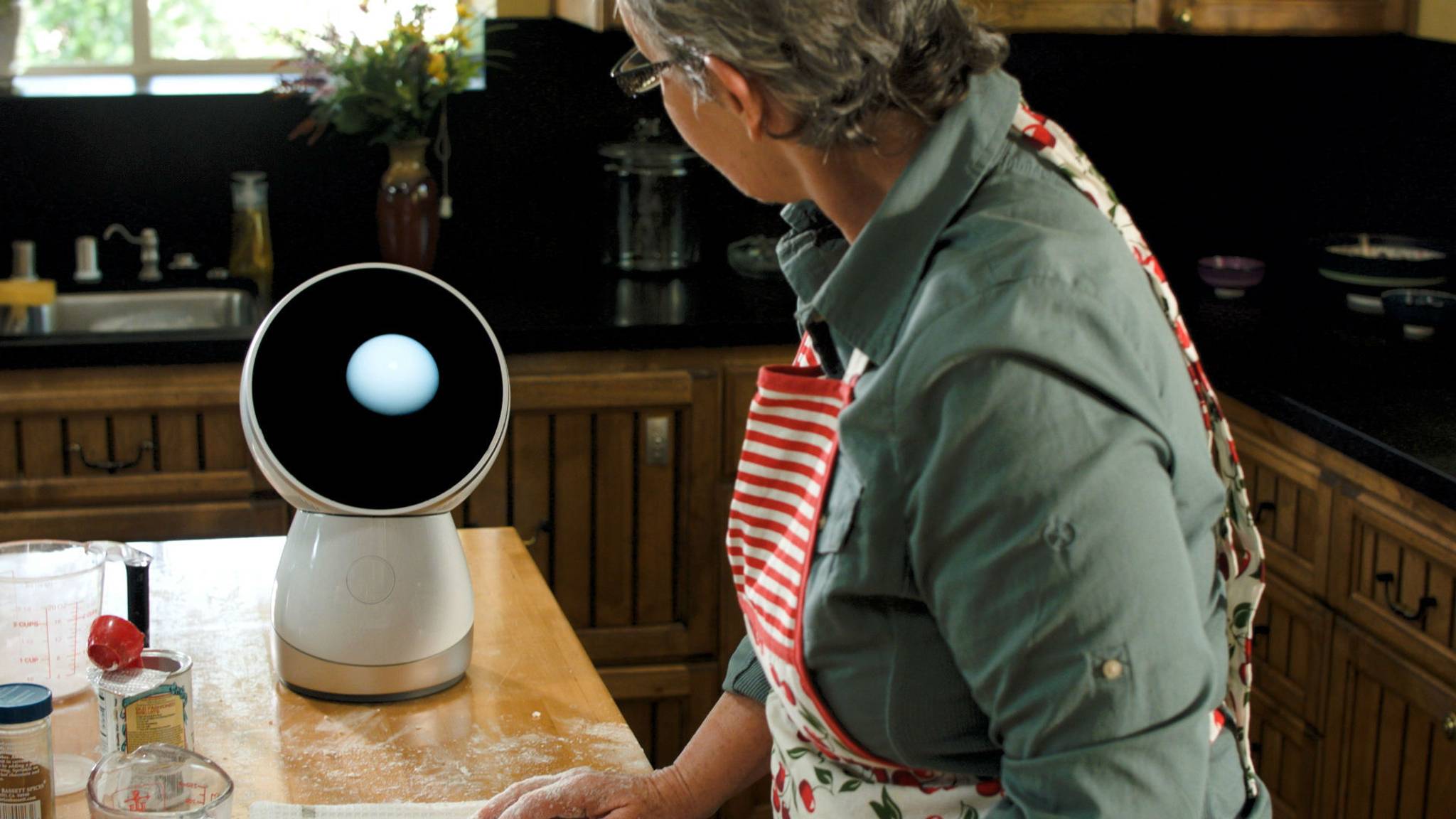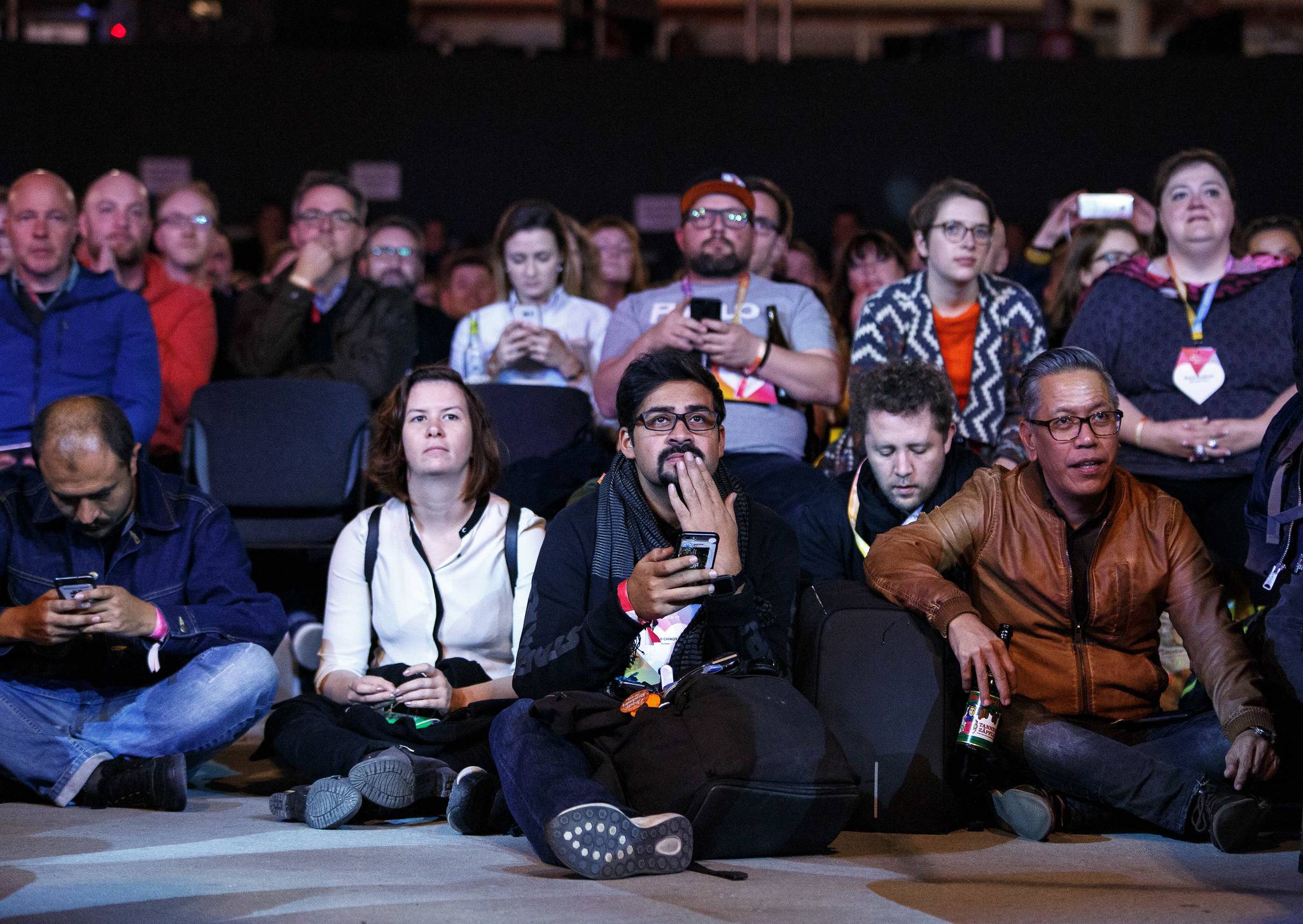
Burger King has released a series of humorously bad adverts that it claims were written entirely by AI. As Americans become more concerned about the threats automation and AI poses to their jobs in the future, Burger King is looking to ease such fears by pointing out areas where tech falls short. We explore the insights behind the ads and understand how Burger King is reminding people that AI tech isn’t quite ready to take over the world… yet.
Burger King's latest ads were created using "high-end computing resources and big data to train an artificial neural network with advanced pattern recognition capabilities by analyzing thousands of fast-food commercials and competitive reports from industry research." But the adverts are far from the future of advertising – in fact, they're purposely bad. One advert for chicken tenders depicts a robotic voice declaring: "Gender reveal bad. Tender reveal young. It is a boy bird with crispy chicken tenders from Burger Thing," while another describes the fast food outlet's chicken sandwich as "a bed of lettuce for you to sleep on," "bed of mayonnaise for extra sleep," and "tastes like bird."
The adverts do more than just make the audience laugh; the ads tap into Americans' concerns about the future of technology, and how automation may affect industries and jobs. In fact, 72% of Americans are worried or concerned about a world where machines perform many of the tasks done by humans. And while 76% are concerned that automation of jobs will exacerbate economic inequality, 75% anticipate that the economy will not create many new, better-paid jobs for the people who lose their jobs to technology. BK taps into people's current feelings towards tech's impact on jobs, with ads that attempt to ease these fears by highlighting humorously that just like human beings, AI is still fallible.
Rebecca Smith is a behavioral analyst at Canvas8, which specializes in behavioral insights and consumer research. She has worked with a number of global brands to help them better understand the mindsets of their audiences, from what people want from fake tan to how they feel about technology. Outside of work, you’ll find her binge-watching anime or with her nose stuck in a fantasy novel.



